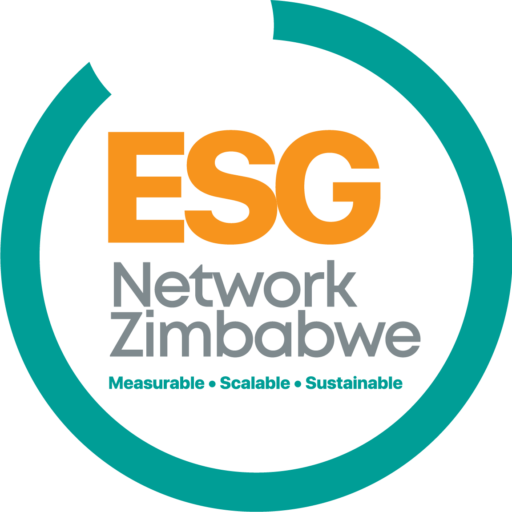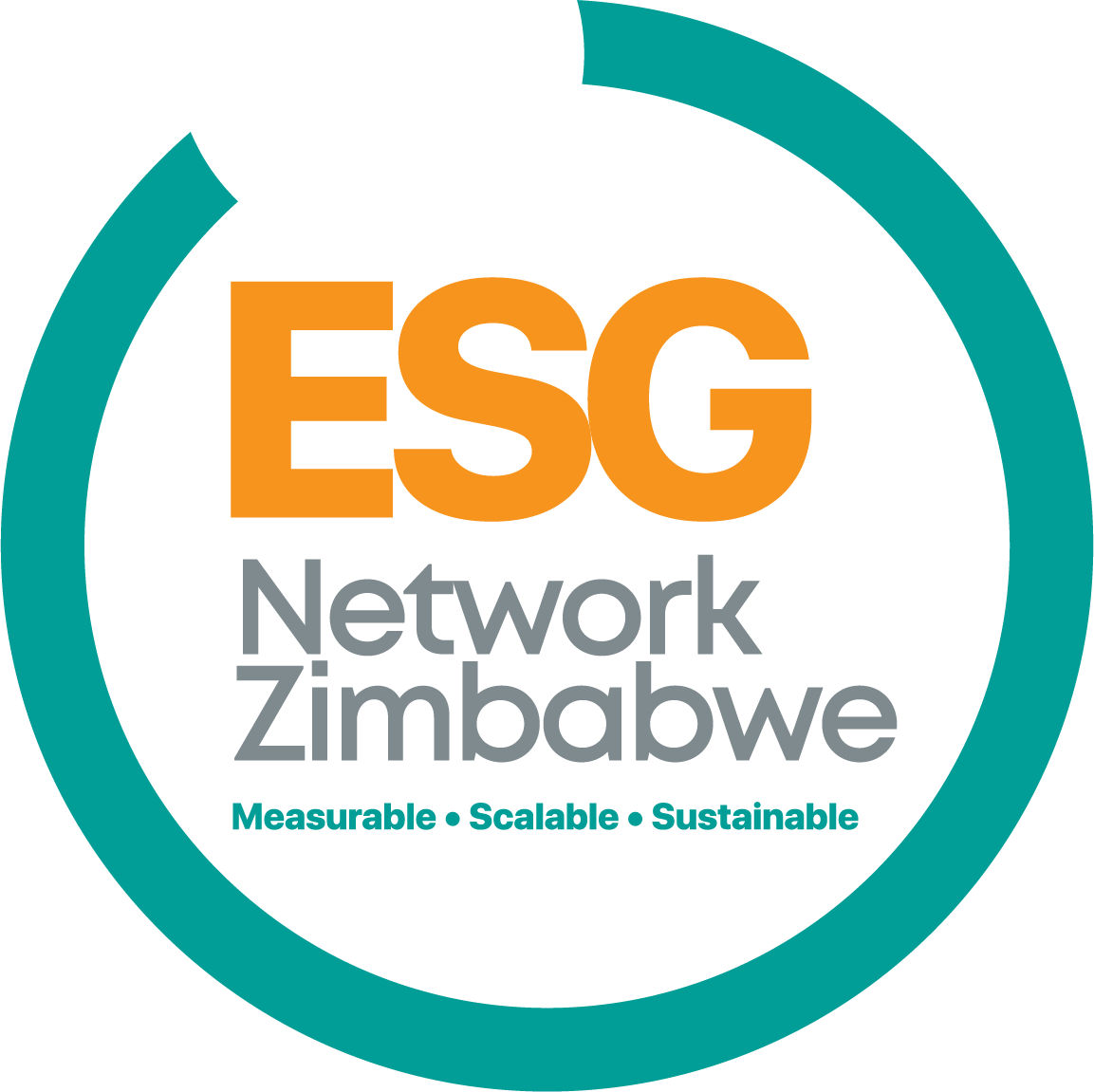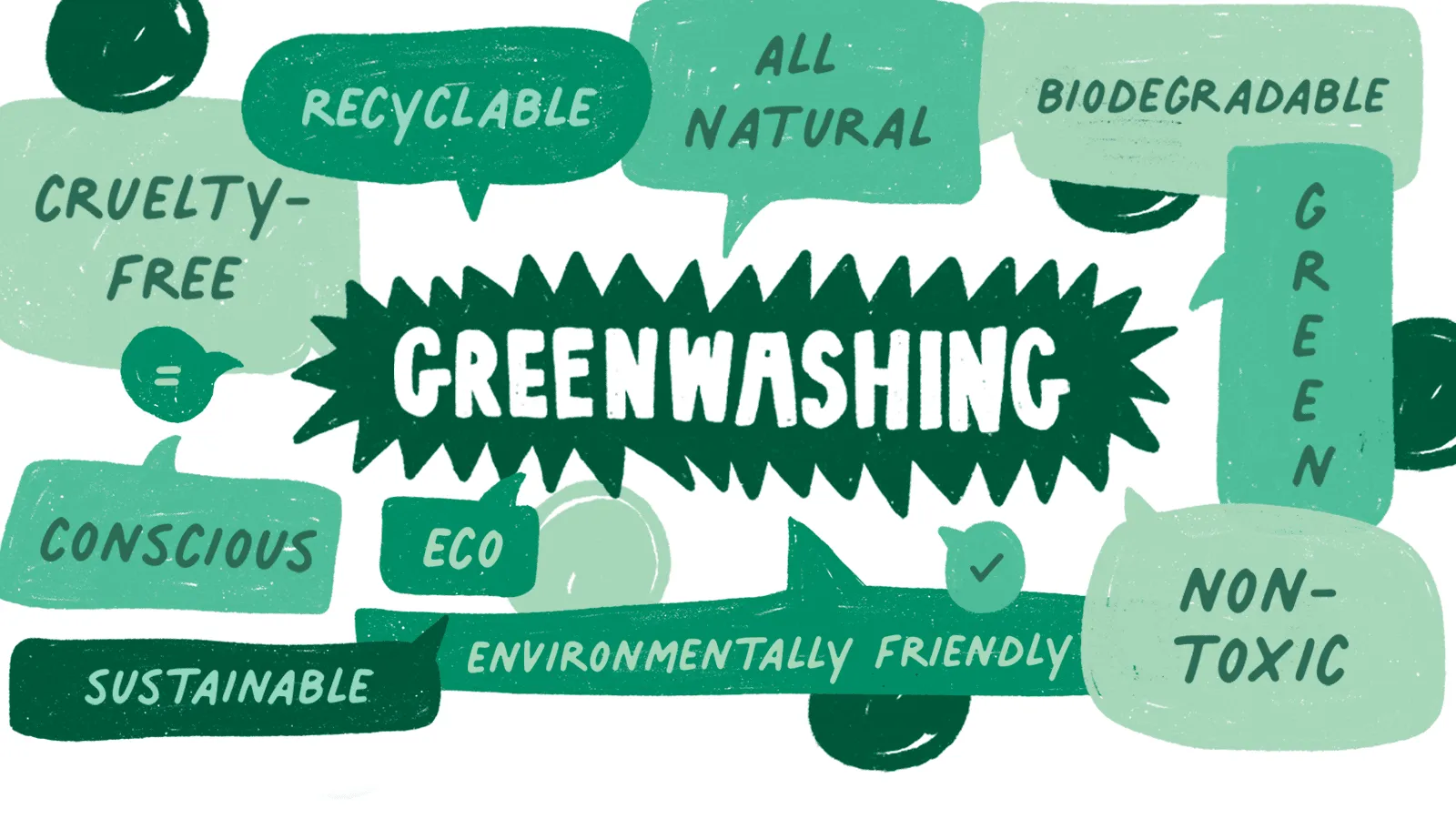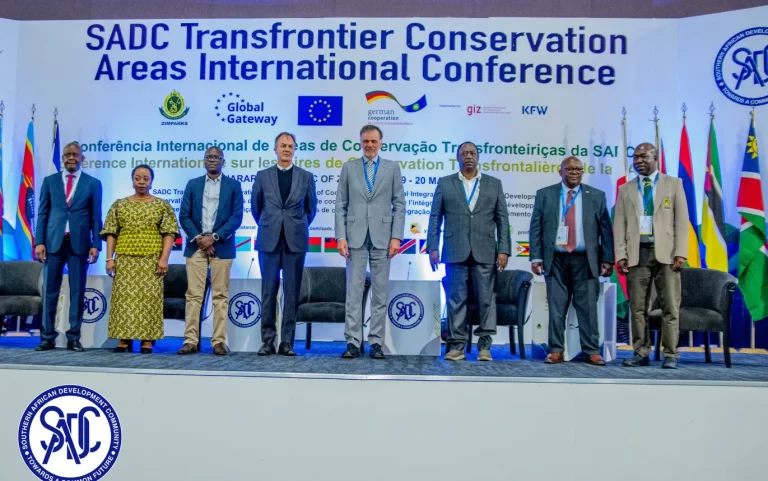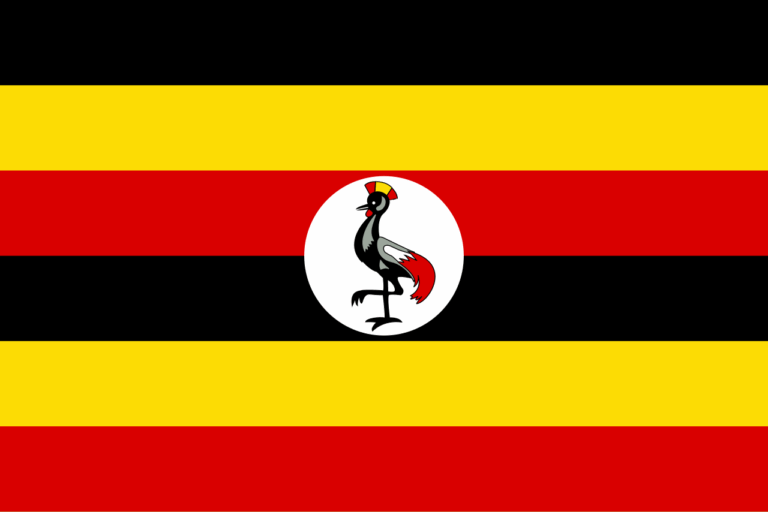1. Look for third-party certifications: Reputable certifications like ISO 14001, which is an international standard for Environmental Management Systems. This certification is awarded to organizations that demonstrate a commitment to reducing their environmental impact.
Another certification to look out for is the SAZ EMS mark, which is awarded by the Standards Association of Zimbabwe (SAZ) to organizations that meet the requirements of the Environmental Management System (EMS) standard.
When shopping for environmentally friendly products in Zimbabwe, look for products that have been certified by reputable organizations such as Factocert, which offers ISO certification services in Zimbabwe.
Additionally, you can also check for certifications such as ISO 9001, which is a Quality Management Standard that can also indicate a company’s commitment to environmental sustainability.
Be cautious of companies claiming to have certifications or labels that are not recognized or accredited. Verify the certification and its credibility. Be cautious of companies that rely solely on self-reported data.
2. Check for transparency: Companies that are genuinely committed to sustainability will provide clear and detailed information about their environmental practices and performance. Be suspicious if the company is evasive or secretive about their environmental record.
3. Be skeptical of vague claims: Phrases like “eco-friendly” or “sustainable” are often used to make products sound more environmentally friendly than they actually are. Look for specific details and metrics to support these claims.
4. Overemphasis on Symbolic Actions: Watch out for companies that focus on symbolic actions, such as planting trees or sponsoring environmental events, while ignoring more significant environmental issues. Look for meaningful and impactful environmental actions.
5. Inconsistent Messaging: Check if the company’s environmental claims are consistent across all their communications channels. Be wary of companies that make contradictory claims or have inconsistent messaging.
6. Overly Promotional Language: Be cautious of companies using overly promotional language or making exaggerated environmental claims. Look for factual and objective language.
7. Ignoring Criticisms: Check if the company responds to criticisms or concerns about their environmental practices. Be suspicious if the company ignores or dismisses legitimate concerns.
8. Zimbabwe-Specific Red Flags: Be cautious of companies claiming to be “compliant” with Zimbabwean environmental regulations without providing specific details. Watch out for companies that use Zimbabwean government initiatives or partnerships to greenwash their environmental record.
Get Involved
If you’re interested in learning more about ESG or would like to collaborate with us, please contact us at on admin@esgnetworkzimbabwe.co.zw, or simply call us on 0774768895.
Stay Connected
Follow us on social media to stay updated on the latest ESG news, events, and resources
